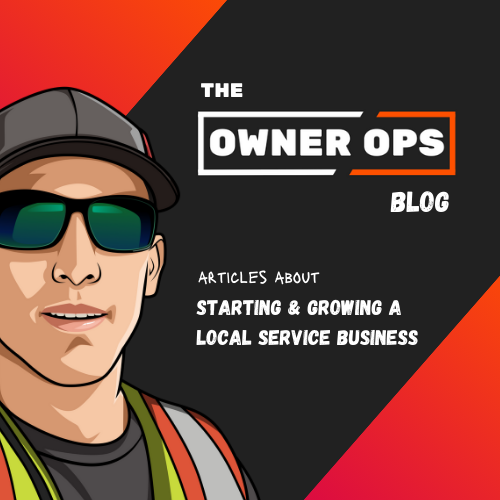Introduction:
Are you thinking about starting a pressure washing business, or do you already own one? Whether you’re just starting out or already in the game, it’s important to understand that your pricing strategy plays a crucial role in determining your success. Finding the right balance between competitiveness and profitability is crucial in attracting clients while ensuring your business remains sustainable. In this blog, we’ll delve into effective pricing strategies tailored for both residential and commercial pressure washing ventures, equipping you with the knowledge to navigate this aspect of your business confidently.
Residential Pressure Washing Pricing:
When it comes to residential projects, an hourly rate system often proves effective. This approach allows you to account for the time spent on each job, ensuring fair compensation for your labor. However, factors like property size, complexity of the task, and additional services required should also influence your pricing decisions. To determine your hourly rate, consider factors such as labor costs (including wages and overhead expenses), equipment expenses, and material costs. By incorporating these elements, you can set competitive yet profitable rates that reflect the value you bring to residential clients.
Commercial Pressure Washing Pricing:
Commercial projects typically demand a square footage-based pricing model. This method provides a more accurate estimation of the resources and time required to complete the task. When determining square footage-based pricing, factors such as surface type, level of difficulty, and specialized requirements should be considered. It’s crucial to include labor, equipment, maintenance, and overhead costs in your pricing structure to ensure profitability. Additionally, staying informed about market trends and competitors’ pricing can help you maintain a competitive edge while setting rates for commercial pressure washing services.
Key Factors to Consider:
In both residential and commercial pricing strategies, several key factors must be considered:
Labor Costs: Account for wages and overhead expenses to ensure fair compensation for your time and expertise.
Equipment Costs: Include expenses related to purchasing, maintaining, and repairing pressure washing equipment.
Materials and Supplies: Factor in the cost of cleaning solutions and supplies necessary for each job.
Overhead Expenses: Consider insurance, marketing, vehicle maintenance, and administrative costs when setting prices.
Profit Margin: Incorporate a profit margin to sustain your business and maintain quality services.
Market Research: Stay informed about pricing trends in your area and among competitors.
Customization: Offer customizable pricing options to cater to varying client needs and budgets.
Communication: Clearly communicate your pricing structure and any additional fees upfront to avoid misunderstandings.
Review and Adjust: Regularly review your pricing strategy and make adjustments as needed to remain competitive and profitable.
Conclusion:
Mastering pricing strategies is essential for the success of your pressure washing business. By understanding the unique demands of residential and commercial projects and considering key factors such as labor, equipment, materials, and market trends, you can set competitive yet profitable rates. Effective communication with clients and regular review of your pricing strategy will help ensure the long-term sustainability and profitability of your business in the dynamic pressure washing industry.
If you’d like to learn more about starting and running a successful pressure washing business, feel free to reach out to the power washing expert, Spencer Stephenson, on Twitter @thewashboss or YouTube.
If you’re looking to start your own power wash business, Spencer and his partner, Liam, provide a wealth of knowledge on their website about starting a cleaning / power wash business from scratch.
If you’d like to grow alongside other service business owners, consider joining OWNR OPS, a private Slack channel for service business entrepreneurs to help each other grow and share best practices.




